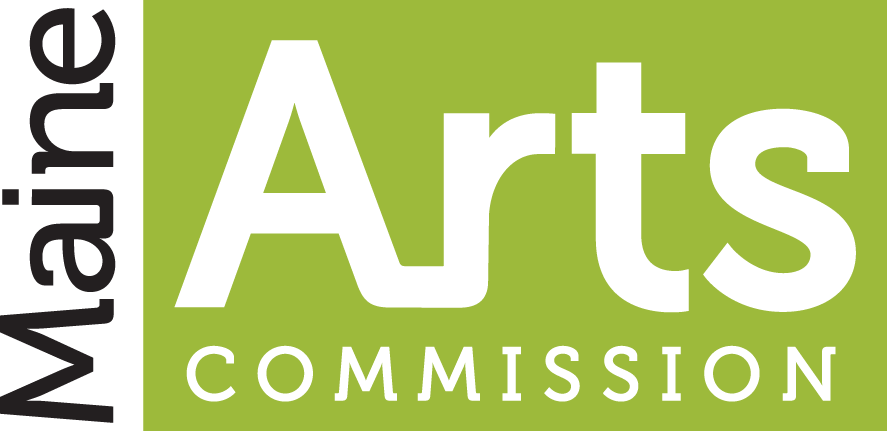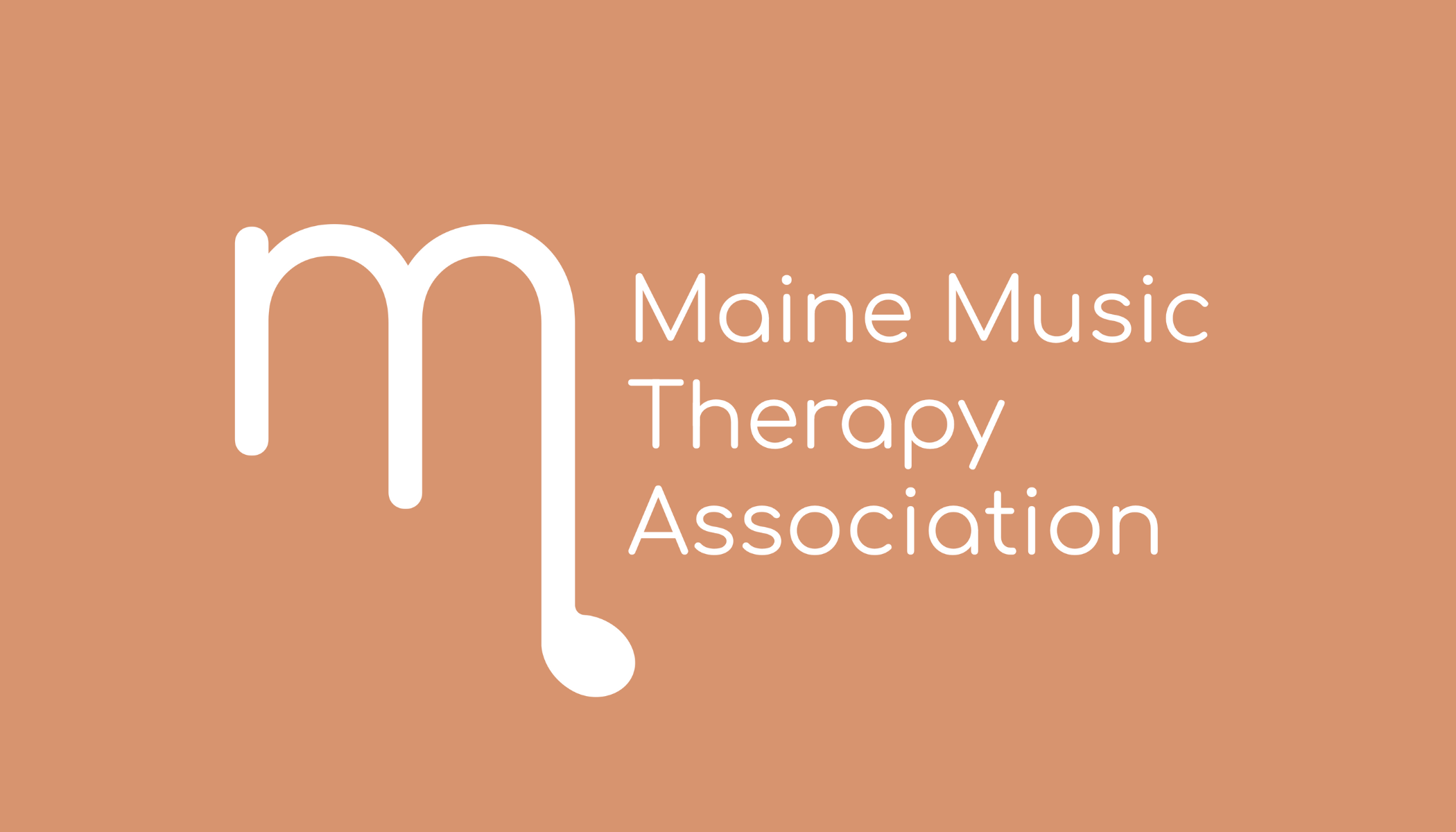An innovative and effective healthcare profession serving Maine's communities.
About Music Therapy
Music therapy is a healthcare profession where certified therapists use music-based interventions to help with physical, psychological, cognitive, and social needs.
Find a Therapist
Looking for a board-certified music therapist near you? Use our helpful map to find information on practices and organizations serving your area.
State Task Force
Friends and advocates can find updates related to music therapy in Maine on the state legislative level.
Who Are We?
Members
Frequently Asked Questions (FAQs)
Music Therapist - Board Certified.
MT-BC is the credential granted by the Certification Board for Music Therapists (an independent, non-profit corporation accredited by the National Commission for Certifying Agencies) to identify music therapists who have demonstrated the knowledge, skills and abilities necessary to practice music therapy at the current level of the profession.
The MT-BC credential is awarded upon: successful completion of an academic and clinical training program approved by the American Music Therapy Association and successful completion of a written objective examination demonstrating current competency in the profession of music therapy.
Music therapists work with sensitive client populations in settings that are often not conducive to visitors or observation. Most music therapists would be happy to speak with you or meet in person to discuss services, what to expect in a session, and answer any questions.
You can learn about open groups, presentations, and workshops on our News and Events page. Use our Find a Therapist page to locate an MT-BC near you, but please understand that opportunities to observe sessions are rare.
The number of success stories involving private insurance reimbursement for music therapy continues to grow, and it is worth asking your insurance company if coverage is provided.
Music therapy is not currently reimbursed by Medicare (except in Partial Hospitalization Programs) or Mainecare. Other potential sources for reimbursement of music therapy services include: workers’ compensation, TRICARE, private auto insurance, Individuals with Disabilities Education Act (IDEA) Part B related services funding, foundations, grants, and private pay.
How exciting! Music therapy is a challenging, but rewarding profession. It requires a strong academic background, excellent music skills, and desire to work closely with people.
Your first step is to learn as much as you can about the profession. Visit the American Music Therapy Association website. Explore our website and see if there are opportunities to meet a music therapist near you.
The educational requirements for a music therapist include a degree in music therapy from an accredited university program, along with the completion of an approved 1,000 hour clinical internship, followed by passage of a national certification exam administered by the Certification Board for Music Therapists. There are over 75 colleges and universities in the United States that offer a degree in music therapy - find one here.
Funded in part by a grant from the Maine Arts Commission, an independent state agency supported by the National Endowment for the Arts.















